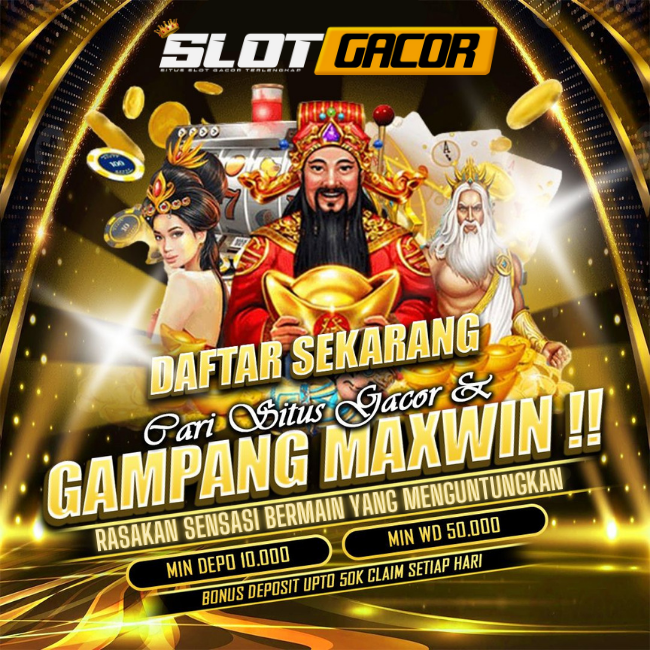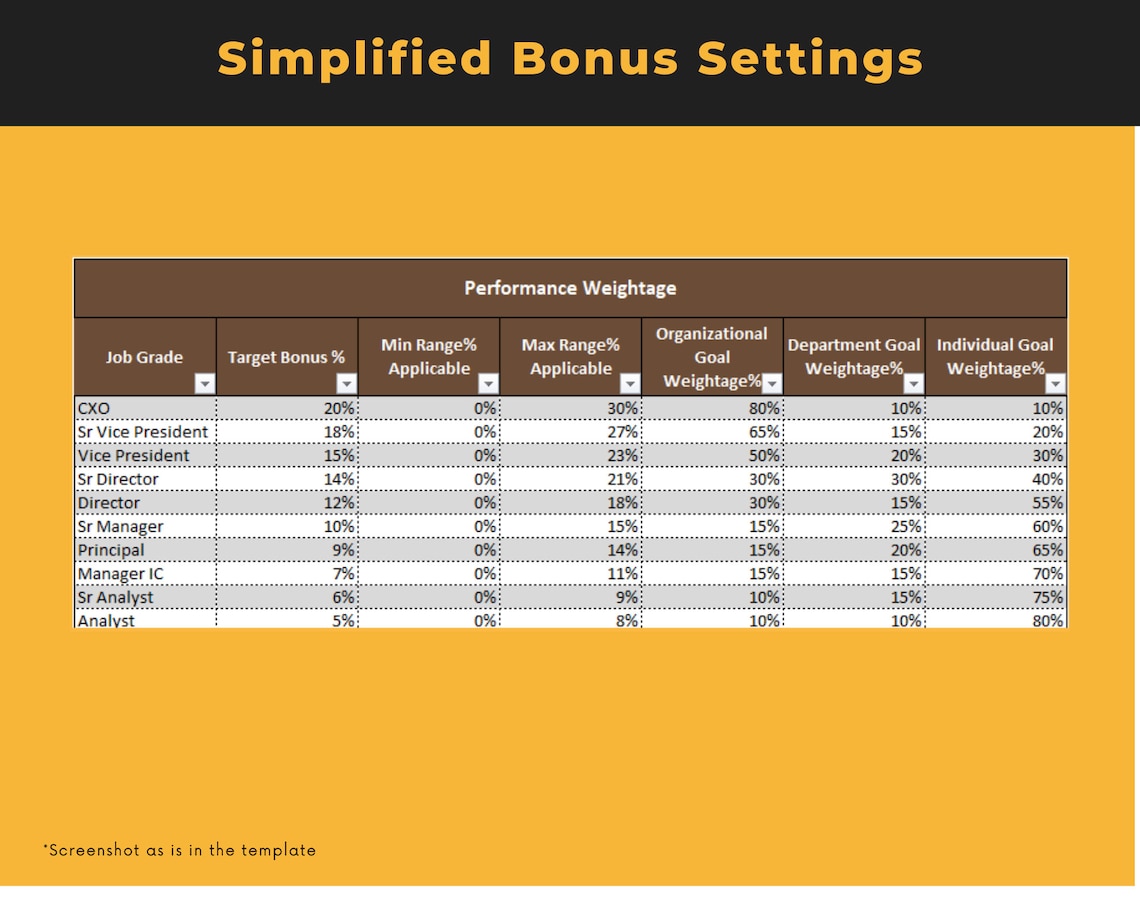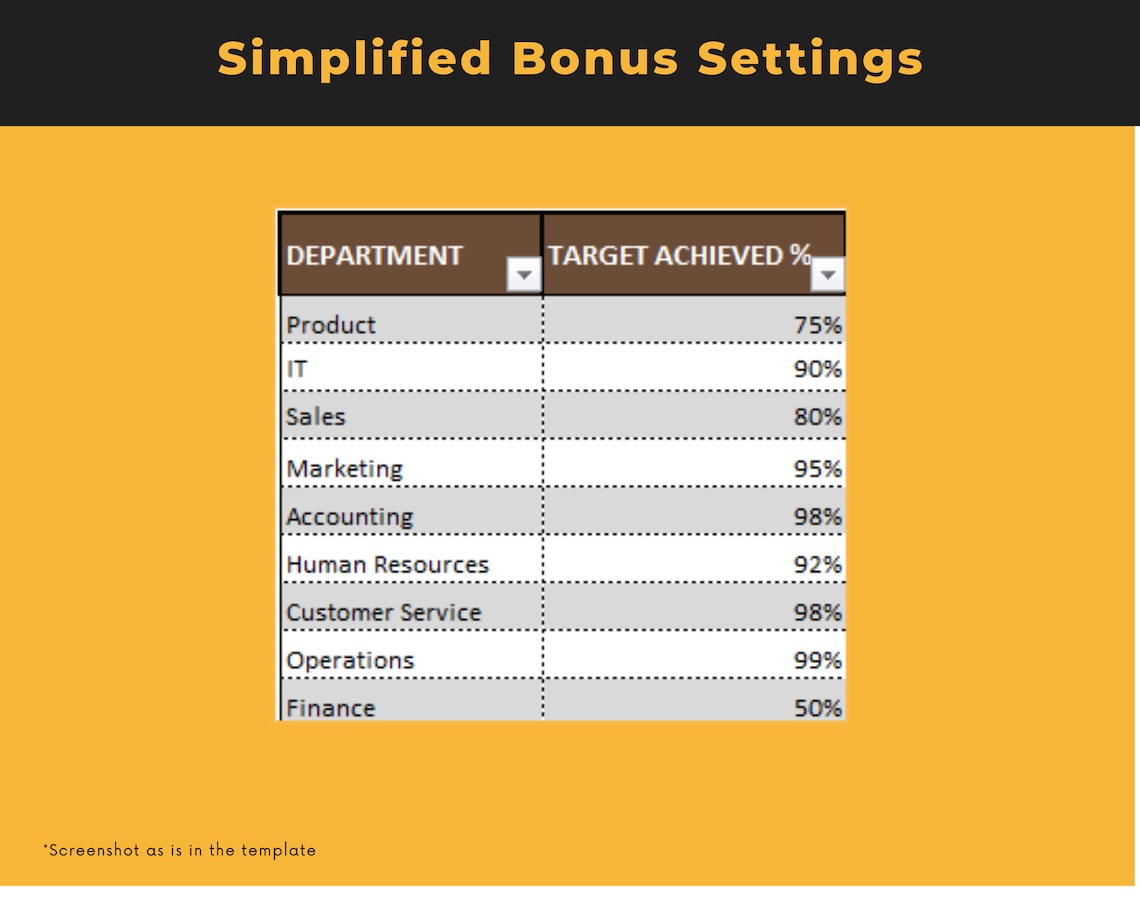Price:Rp 1,T
KUPAS288: Alternatif Daftar Situs Toto Slot Online 4D Server Gacor Hari Ini Terbaik
KUPAS288 merupakan salah satu alternatif daftar paling terpercaya menuju situs toto slot gacor 4D hari ini. Platform ini menghadirkan beragam pilihan permainan slot online terbaik yang dipilih secara khusus dari berbagai provider kelas dunia. Dengan dukungan server luar negeri berteknologi tinggi, setiap permainan berjalan dengan sangat stabil, cepat, dan bebas lag, sehingga memberikan pengalaman bermain yang jauh lebih nyaman.You can only make an offer when buying a single item
Highlights
JANGAN DIAPAKAN KALI LAH BIAR GA APA KALI
4.9 out of 5
(618 reviews)
All reviews are from verified buyers
Reviews for this shop
Gacor habis main pakai KUPAS288 Slot Gacor ini, mudah main plus gampang menang cuy.
Awalnya ragu, ehh cuma depo 100 ribu bisa wd 5jt, gokill abis ini emang KUPAS288.
KUPAS288 memang terbaik, baru main 5 menit pakai server jepang Langsung di kasih profit.








